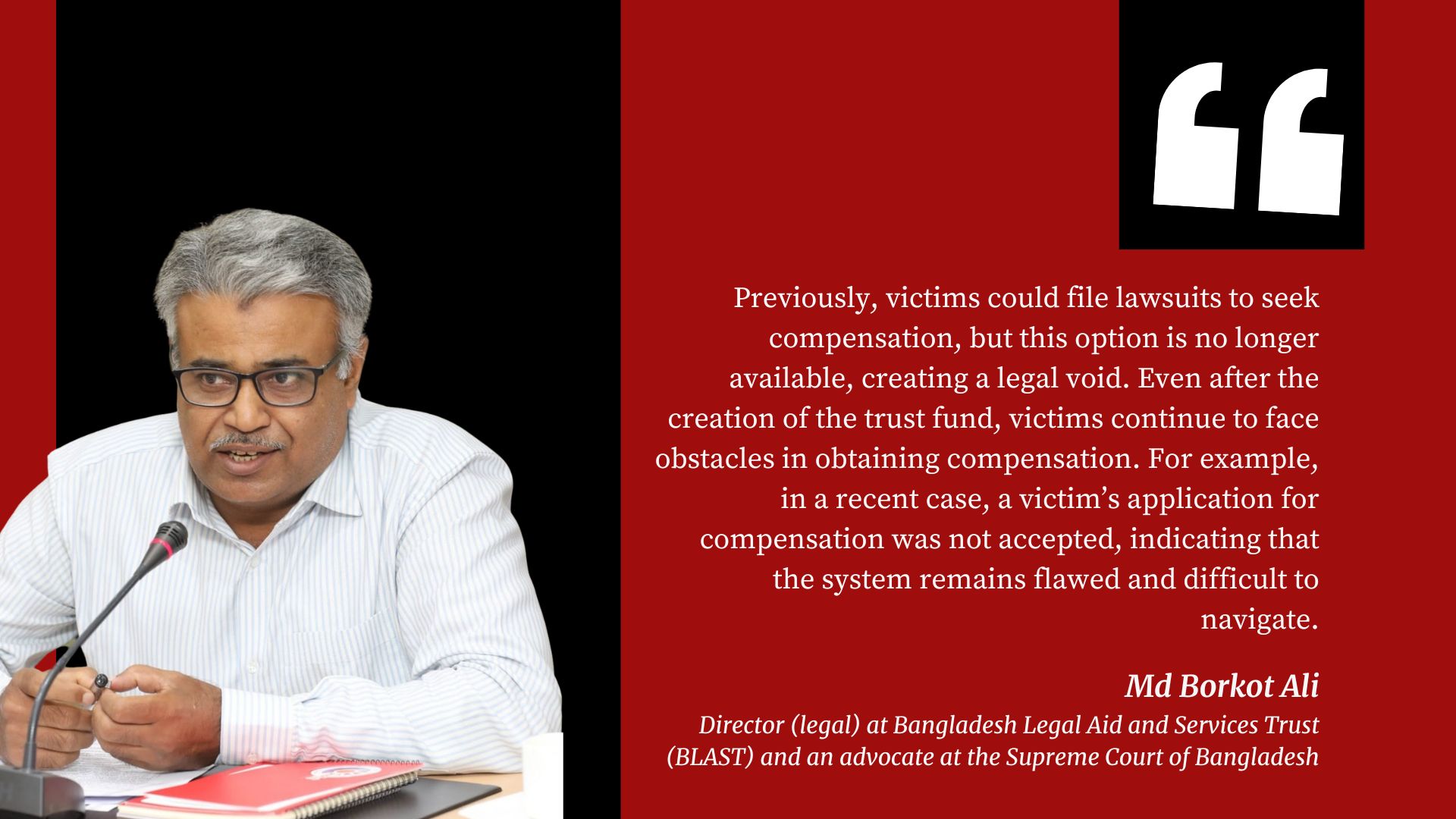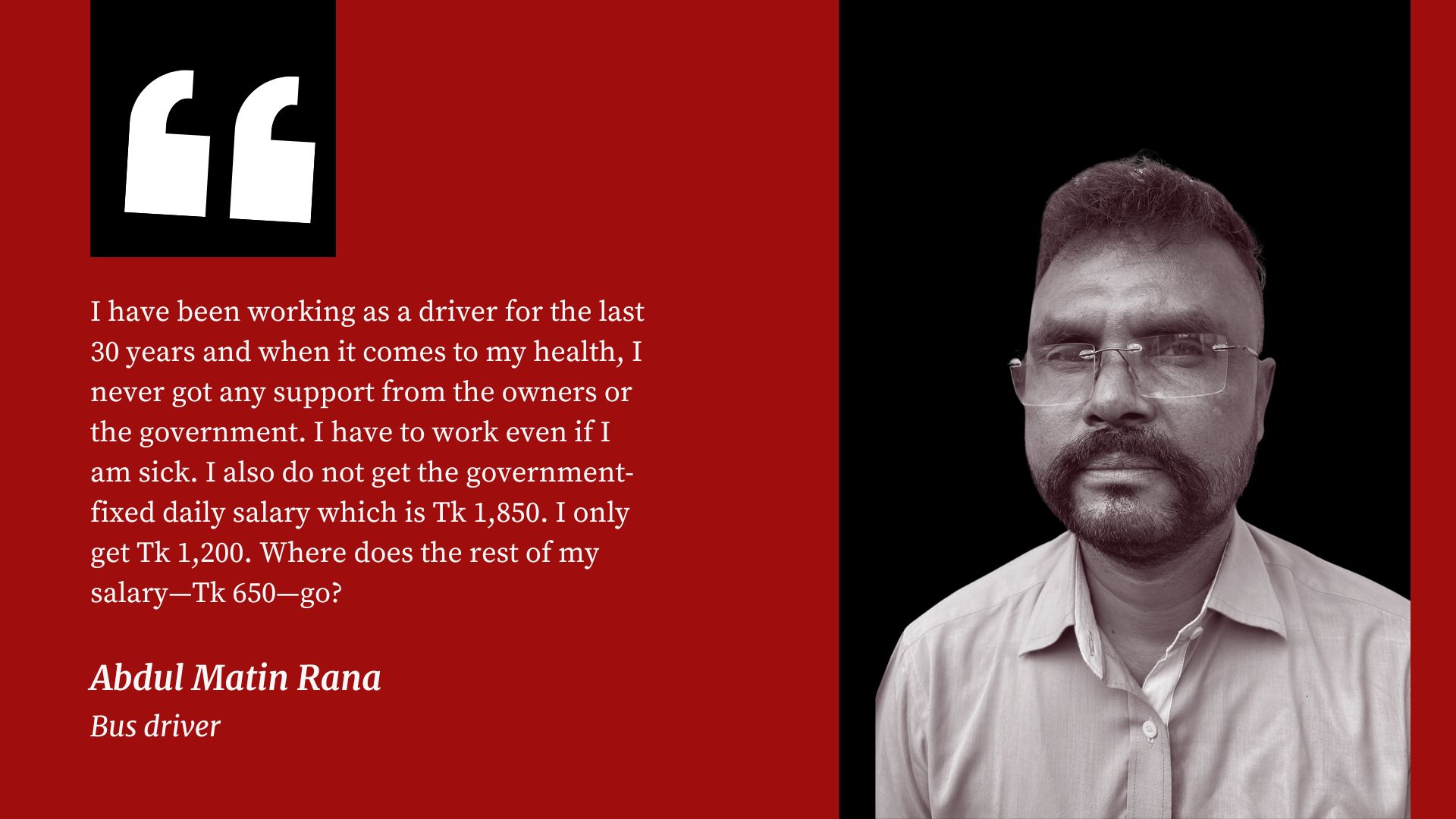System reforms needed to deal with transport crisis

The transportation system in Dhaka right now is extremely chaotic. We have witnessed a growing lawlessness in this sector. Take, for example, the issue of battery-run rickshaws. During public movements demanding their regularisation, two groups emerged: those with and those without batteries. The former prime minister issued directives on their use, but those were widely misunderstood. Despite the High Court prohibiting the battery-run rickshaws and the government officially banning them, many people believed the PM had allowed them to operate anywhere. As a result, police refrained from taking action.
This assumption led to an explosion of investors in the battery-run rickshaw business. The profit margins were high, as people demanded quick transportation. This, in turn, led to more vehicles on the roads, creating further disorder. These rickshaws began operating in areas unsuitable for them. To make matters worse, their drivers were untrained, and the vehicles themselves often didn't meet any safety or regulatory standards.
The situation was somewhat manageable at first, but now it has spiralled out of control. The police, facing the risk of backlash, are reluctant to take decisive actions. This is the reality we find ourselves in today.
To address this crisis, we need to understand that simply shutting down the inflow of illegal vehicles isn't the answer. A city, much like a river, cannot function properly when overwhelmed beyond its capacity. Dhaka's roads are now flooded with untrained drivers and unlicensed vehicles, leading to a sharp rise in road crashes. If we are serious about making Dhaka a modern city, there is no room for pedal-operated or battery-run rickshaws in a contemporary urban setup. Modern cities rely on mass transportation systems, not on small cars or rickshaws. If we focus on improving our public transport system, such as introducing more double-decker buses, we could eliminate hundreds of smaller vehicles, reducing congestion.
The core problem lies in the fragmented ownership of public transport. We haven't addressed the issue of unregulated vehicles like rickshaws and motorcycles, and we haven't fixed the disjointed ownership of buses and trucks. This fragmented system is not enforceable by the police alone. What we need are system-level reforms.
To truly solve the transportation crisis and reduce road crashes in Dhaka and the rest of Bangladesh, the most urgent step is to reform the ownership and management system for commercial vehicles. Right now, buses and trucks are operated by multiple small owners, each with their own interests. We need to move towards a company-based management system. A good example of this is the Hatirjheel area, where buses run in an orderly fashion without police intervention. Why? Because a single company manages the operations, ensuring everything runs smoothly.
If we can bring the buses and trucks under company-based management, we will see several improvements. Large companies understand the value of their assets and will not allow untrained drivers to operate their vehicles. They will invest in proper training and safety measures, something individual owners often neglect. Once the system is properly managed, we won't need the police to enforce it. The system will regulate itself. Many successful cities worldwide have restricted the use of small vehicles in favour of promoting mass transportation. This is the direction we must head in if we want to see real improvements in Dhaka.
Dr Md Shamsul Hoque is professor of civil engineering at Bangladesh University of Engineering and Technology (BUET).
Views expressed in this article are the author's own.
Follow The Daily Star Opinion on Facebook for the latest opinions, commentaries and analyses by experts and professionals. To contribute your article or letter to The Daily Star Opinion, see our guidelines for submission.




 For all latest news, follow The Daily Star's Google News channel.
For all latest news, follow The Daily Star's Google News channel. 


Comments